Pliny and the Garden

Pliny the Elder is famous for having thought about many interesting topics: from healing plants to politics.
An exploration of some of his vast knowledge will follow.
First up: Garden plants and their healing properties!
____________________________________________________________________________________
Onions
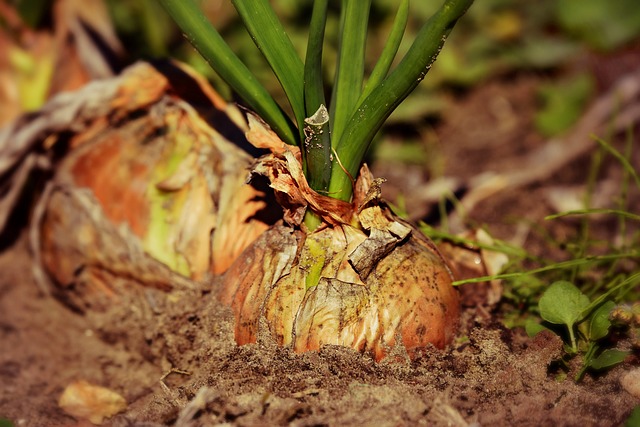
Pliny’s health advice:
a cure for poor vision through the tears caused by the smell
applying onion juice directly into the eye is even better
soporific (sleep-inducing)
heals mouth sores (when eaten with bread)
healthy complexion (when eaten)
good health (when eaten everyday on an empty stomach)
moves gas along
disperse haemorrhoids (when used as a suppository
against the early stages of dropsy [edema] (onion juice mixed with an extract from fennel)
Pliny’s entertaining anecdotes: Onions do not grow wild (!)
People are places Pliny mentions: Asclepiades
____________________________________________________________________________________
Lettuces
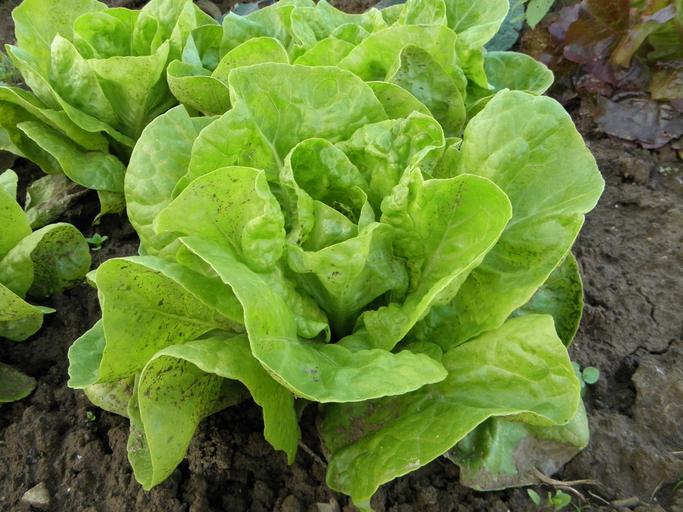
Pliny’s health advice:
soporific (sleep-inducing
cools a feverish body
purge the stomach
increases blood volume
disperses flatulence
suppresses belches
aids digestion
stimulates AND diminishes appetite, depending on the amount (too much loosens the bowels, a moderate amount causes constipation)
Pliny’s entertaining anecdotes: Lettuce can check sexual appetite (!)
____________________________________________________________________________________
Cabbages
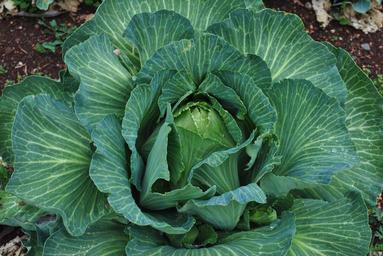
Pliny’s health advice:
headaches, impaired vision, spots before the eyes, spleen & stomach, hypochondria are cured by a mix of cabbage with oxymel (a mixture of raw honey, vinegar, and herbs), coriander, rue, mint, and silphium root (silphium is a now-extinct plant, likely from the Ferula family - it can be substituted with asafoetida) taken in the morning
fresh and old wounds and malignant lesions that cannot be healed with any other means, should be covered by pounded cabbage, stirred in hot water twice a day
fistulas, tumors, and sprains are to be treated the same way
preventing dreams and insomnia (when eaten with oil while otherwise fasting)
improves eyesight (when cabbage juice is mixed with Attic honey)
paralysis
coughing up blood
Pliny’s entertaining anecdotes:
The mixture to be taken in the morning for all sorts of ailments is said to make the person who makes it stronger (!) [Cato]
Due to cabbage being a bad companion to vines, cabbage prevents the wine drinker from getting drunk when they eat cabbage before consumption or neutralizes the intoxication if cabbage is eaten afterward (!) [Greek common knowledge]
People are places Pliny mentions: Chrysippus, Dieuches, Pythagoras, Cato, Erisistratus
____________________________________________________________________________________
Garlic
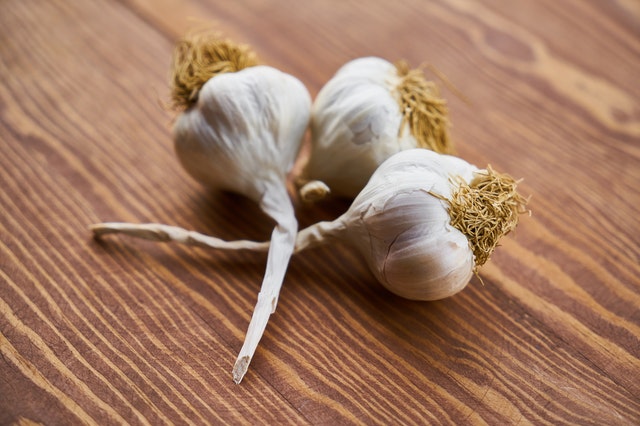
Pliny’s health advice:
- beneficial against ailments caused by changes of water and of location
Pliny’s entertaining anecdotes: The smell of garlic drives away snakes and scorpions (and according to some, any kind of wild beast)
____________________________________________________________________________________
Cucumbers
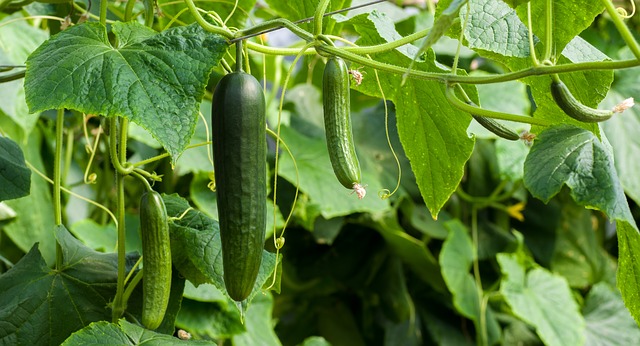
Pliny’s health advice:
treat poor eyesight, styes on the lids, other eye diseases (via wild cucumber seeds, which have been crushed and coagulated in the sun, and pressed in tablets)
heals impetigo, scabies, ringworm, and psoriasis (dried and pounded cucumber roots, with resin)
helps fainting problems(the smell is restorative)
____________________________________________________________________________________
Thyme
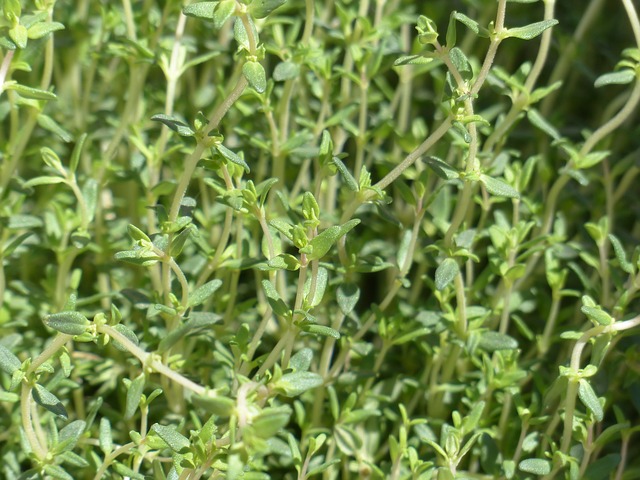
Pliny’s health advice:
beneficial to the sight (both when used as medication and when eaten)
good for inveterate (unchanging) coughs
prevent the blood from coagulating (when taken with honey)
dispels chronic fluxes (when applied externally with mustard)
various problems with the bowels (must be used in moderation)
against melancholy and the alienation of the senses
epilepsy (the smell revives patients)
asthma
Pliny’s entertaining anecdotes: Survival of Attic thyme was thought to depend on the sea breeze. This view was held of all thyme “in olden times” according to Pliny (!)
____________________________________________________________________________________
… more knowledge by Pliny coming soon!
